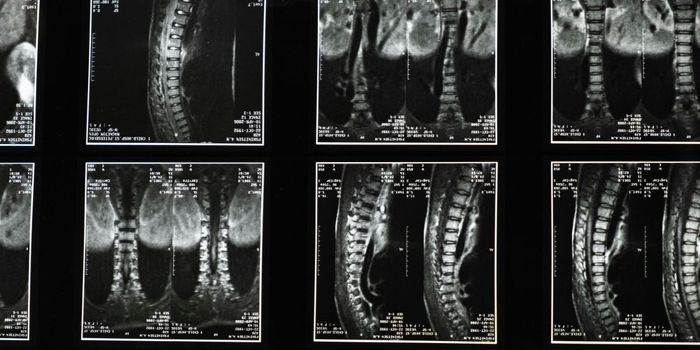Can Traumatic Brain Injury Contribute to Criminal Behavior?
Searching for reasons that would explain violent criminal behavior is a topic of research in many fields, from neuroscience to psychology to sociology. For every prisoner convicted of a violent crime, there could be a range of contributing factors, so trying to pinpoint exactly what causes criminal behavior is challenging.
A new review of research led by investigators in the United Kingdom suggests that when a person is convicted of a crime and enters the justice system, screening for brain injuries or head trauma could reduce the chances of violent behavior continuing while the person is incarcerated or after they are released.
A group of researchers from several universities in the UK including Exeter, Glasgow, Sheffield, Oxford, and Manchester collaborated on a review of existing research on crime and head injuries. Their results showed a higher risk of early and violent criminal offenses in those who had experienced a traumatic brain injury. Young adults that are in the system are also at a significantly higher risk of suicidal behavior and self-harm if they have suffered a head injury. The results represent a challenge to a long-held assumption by some that head injury and incarceration are coincidental.
Lead author of the review, Professor Huw Williams, of the University of Exeter, explained, "Addressing TBI offers a means to not only improve the lives of those who offend but also to reduce crime. A range of measures could reduce the risk of crime following TBI. These could include any form of neurorehabilitation, and better links between emergency departments, community mental health services, GPs and school systems that might lead to early identification and management of TBI in children and young people, particularly in areas of socioeconomic deprivation. On a person's entry into the justice system, there is an opportunity to deliver routine screening for TBI and provision of treatment options."
Brain injuries can result from repeated minor blows to the head, or even just a single head injury. The more severe the injury, the more likely it is that the patient could experience depression, anxiety, and angry outbursts or self-harming behavior. The review, which was published in the journal Lancet Psychiatry, showed that in the UK 10-20% of prisoners had experienced a moderate to severe head injury and an additional 30-40% have suffered minor head injuries.
The authors point out that prisoners who may have complications from previous head injuries are not always placed in the best correctional facilities for their needs. This increases costs for the specific housing needs of injured inmates, medical care and the expense of prosecuting a population that has a high rate of re-offending. If individuals are screened when they enter criminal justice system for illnesses like depression, family history of violence, and any injuries, placement could be made more efficient.
The study included data on specific types of injuries that are correlated with problems like aggression or ADHD. Injuries to the frontal part of the brain are seen more often in patients who have committed violent crimes. When ADHD is successfully treated there is a lower incidence of criminal behavior which could be because aggressive impulses are better controlled.
The review highlighted the need for more research, while also acknowledging that it's difficult to tease out if the criminal behavior was related to injury, or if it was associated with an environmental cause like poverty or abuse. Many well known violent criminals have histories of TBI or mild head injuries, but then not everyone who experiences head trauma becomes violent. Check out the video below for more information.
Sources: The Telegraph The Lancet Psychiatry, University of Exeter









